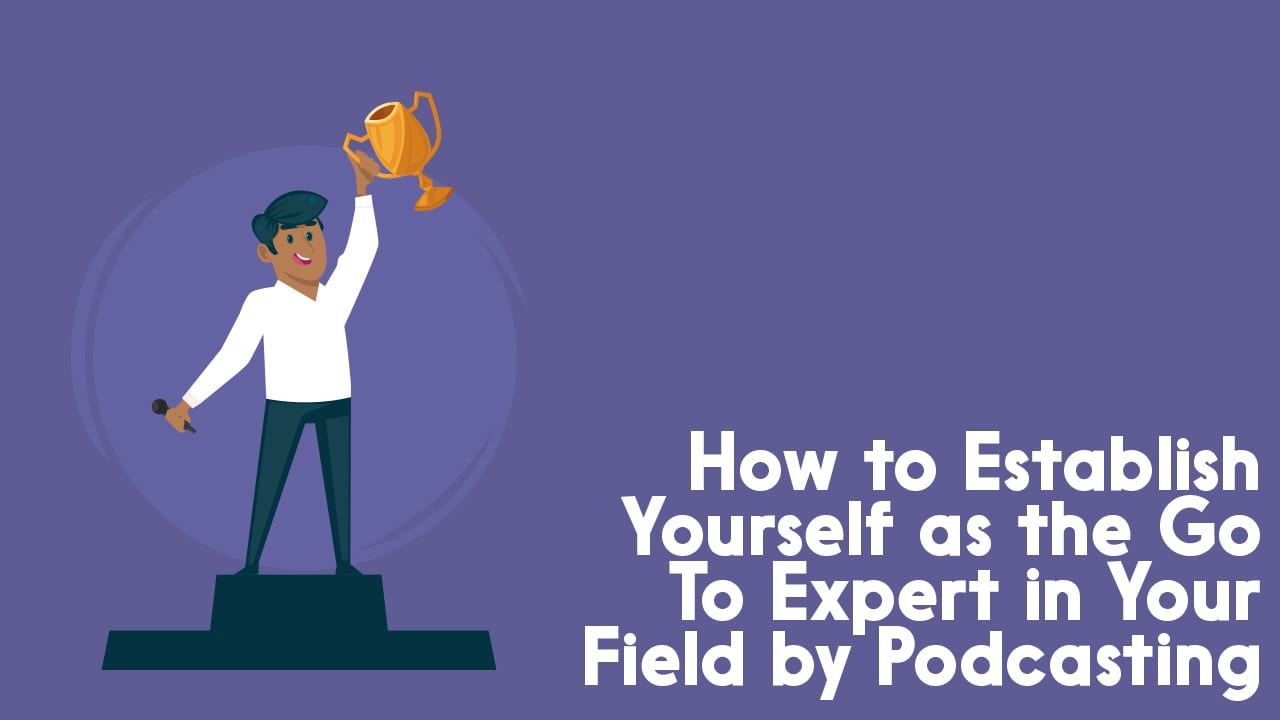Can I Podcast on a Topic if I’m Not an Expert?
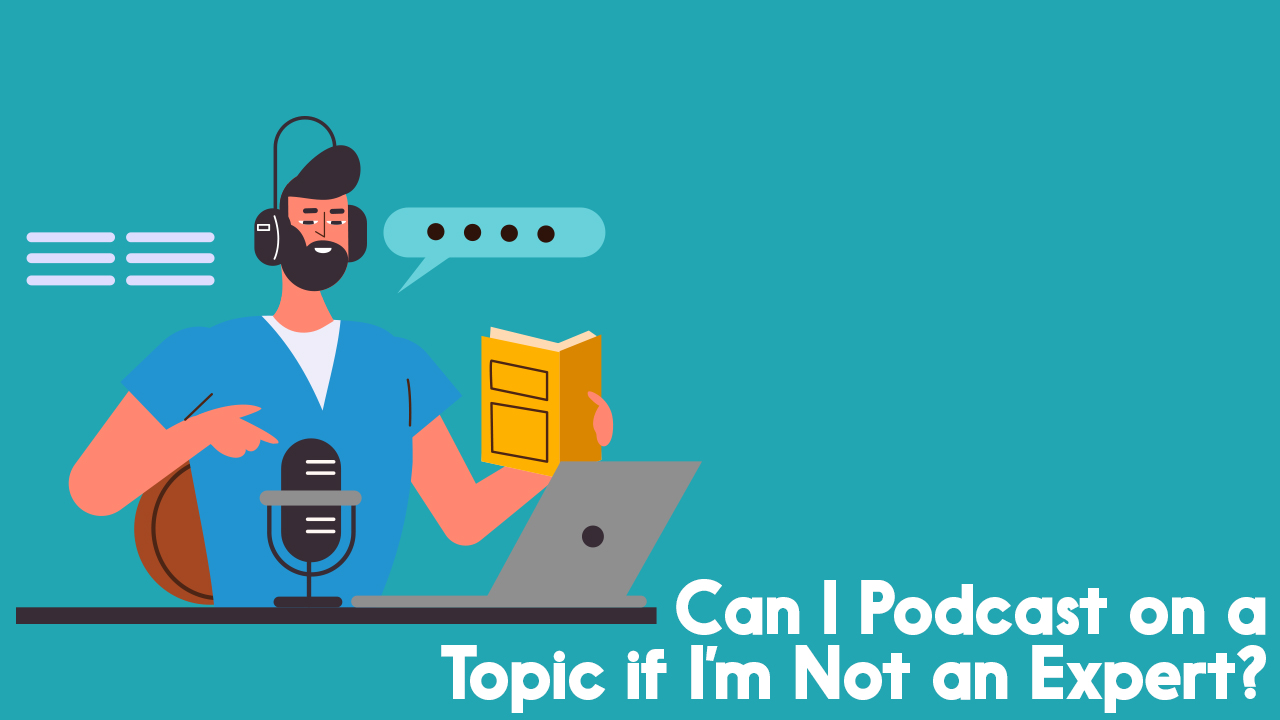
“I’m a writer.”
Three short and simple words. Why is it then, that I still find that phrase difficult to say?
It could be because many of my friends have been professional writers for years. Perhaps it’s because I think it sounds pretentious. Maybe it’s because I lack confidence. Or is it the fundamental human trait of not wanting to call myself an ‘expert’?

Hang Up Your Hangups: I’m No Expert
This is Chapter 2 of our Podcaster Hangups series where we break down the frequently heard complaint “Can I podcast on a topic if I’m not an expert?”. Find the series intro here!
I become quite cynical when someone uses the label ‘expert’ to position themselves. Even more so if they use the term ‘Guru’ or ‘Ninja’. Maybe that’s just me, but really – how many have cut their thumb on a shuriken? I demand proof and for me, that means ‘hearing them out’ (or at least having a go of their nunchucks!). In other words – giving them an opportunity to demonstrate their expertise.
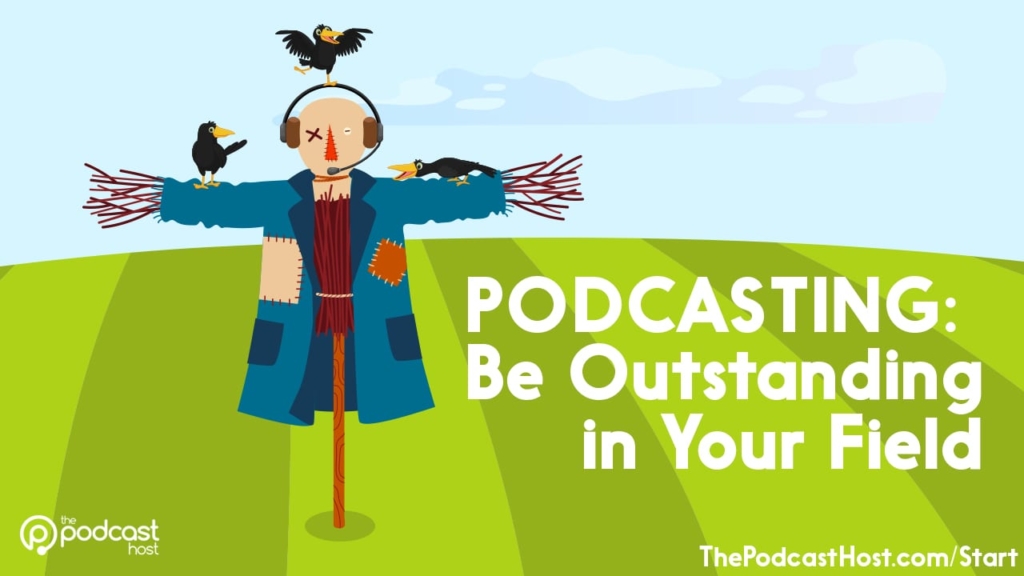
What Is an Expert?
The simple dictionary definition of an expert is –
“A person who is very knowledgeable about or skilful in a particular area.”
We prefer this definition –
“An expert is someone who can explain complex things in very simple ways. Therefore, they often have the appearance of being an everyman. It’s hard to spot an expert at first because they make everything so simple.”
The distinction between the two is the simplicity of HOW they share their knowledge.
You’re a Communicator
Being a keeper of knowledge isn’t enough to qualify you as an expert. You need to be an effective knowledge distributor, and that means being a confident communicator. And of course, podcasting is one of the ways to share your expertise.
I’ll go further than that – I’d argue that podcasting is THE best way to share your knowledge. Think about it for a minute. As a podcaster, you have the opportunity to share your message in the most natural way – by talking directly to your audience.
Those that are listening can make an assessment of your expert status based on what you say, and how you say it. They can give you a large amount of time, because they don’t have to MAKE time in their day, unlike full attention mediums like video or text. And due to the serial nature of podcasting – you’ll build trust with your audience throughout every minute they’re with you.
You Don’t Have to Be an Expert
An important thing to remember is that you don’t have to be an expert to add value. Let me explain.
I spent six months working in the outdoor advertising industry. That makes it sounds quite glamorous – but the reality was, I was selling adverts on buses. After my first day of the induction course, I was labelled as an ‘outdoor media expert’ by one of the trainers. When I politely challenged her, she asked me the question
“Will you know more than the person you are selling to?”
I nodded.
“Well then, there you go – you’re an expert.”
The entire notion that knowing more makes you an expert can be dangerous.
But I don’t think you need to KNOW more. You’ll always know less than someone – but your ability to communicate knowledge, in a simple way, will set you apart.
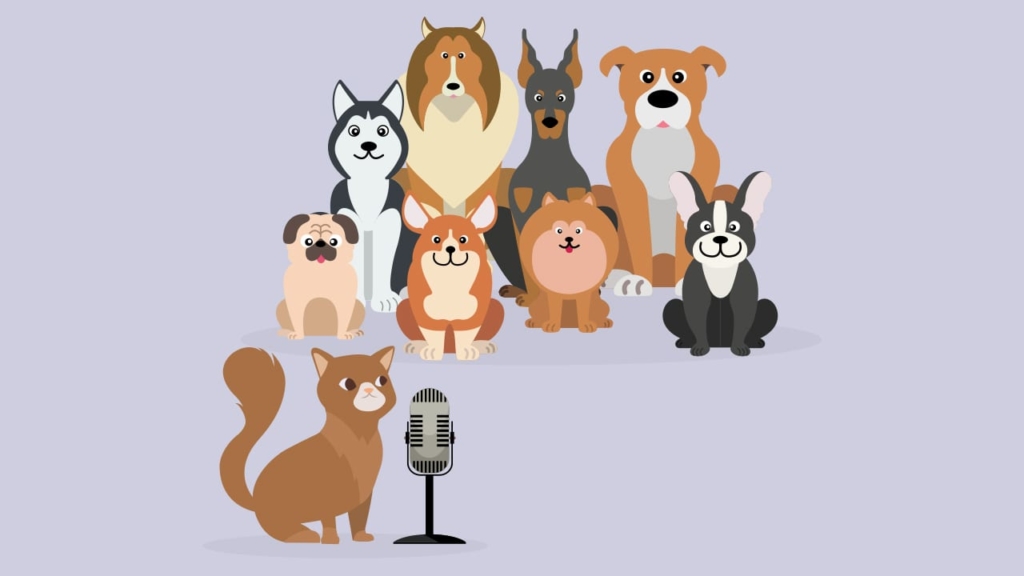
4 Tips to Expertly Share Your Message
Here are four simple ways to help you communicate your knowledge more effectively. Use it as a checklist for when you’re planning your next podcast.
1. Break it Down
Break difficult concepts into simple steps. It’s less intimidating for your listeners and far easier to follow.
2. Use Plain English
Don’t talk in buzzwords or confusing acronyms. If you have to introduce a new industry term, make sure you take the time to explain it. Don’t assume your listeners are familiar with it.
3. “Once Upon a Time”
Use the power of storytelling throughout your podcast. People remember and relate to stories. Find great, real-life examples and case studies that help illustrate the point you’re making.
4. Narrow the Focus
Don’t try to do too much in one episode. Pick a topic and stick to it. If the problem you’re looking to cover feels too big – break it down into a series of podcast episodes.
So, You’re No Expert?
One final thing to add here. We ran a podcast discovery survey recently where we got the opinions of 780 podcast listeners. Did you know that, in our sample group, the least important thing for them when weighing up whether or not to hit play on a new pod was that they’d heard of the presenter before?
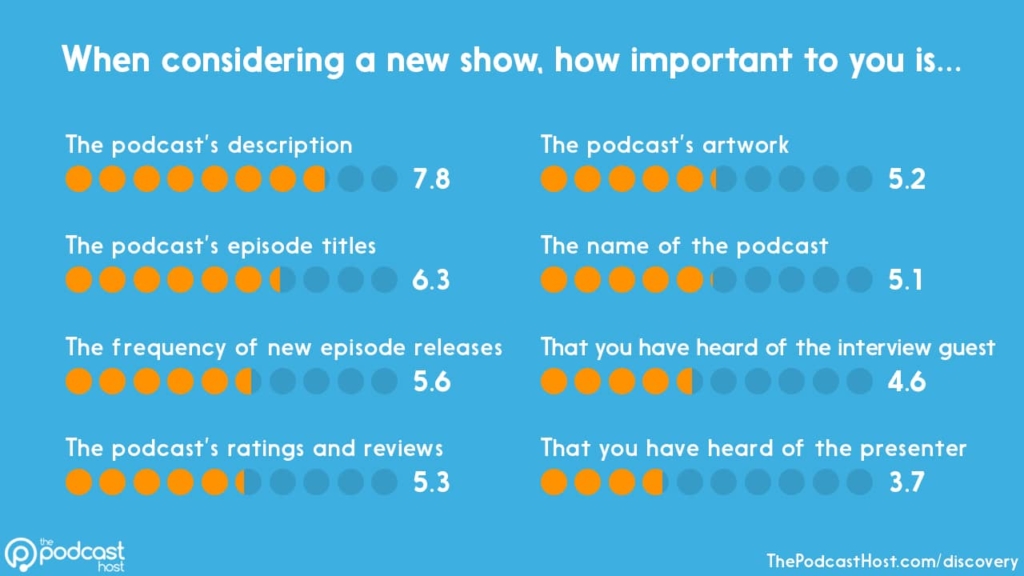
So are the majority of listeners out there seeking out “experts”, or are they just looking for good content? I’ll let you decide on that one 🙂
And speaking of good content – what if you’re worried that people won’t listen to you because you think you’re boring? Well, as it happens, that’s the subject of our next chapter. Head on over once you’re ready and let’s dive into it!
